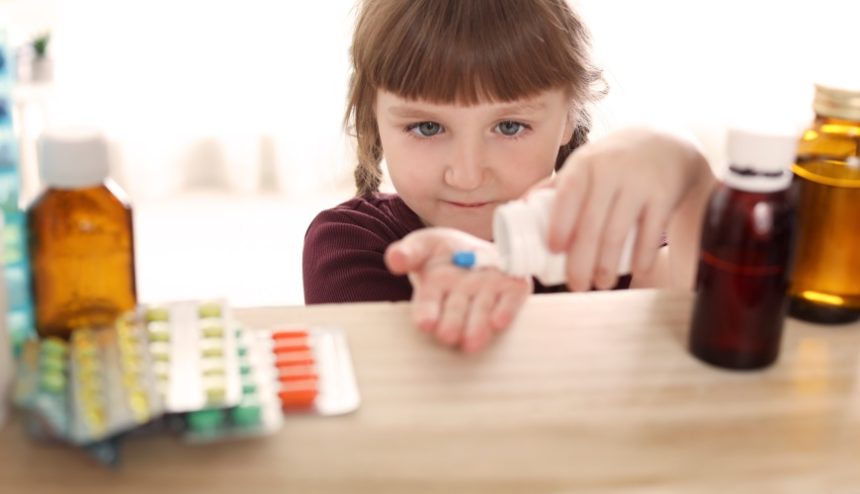A recent trip to the pharmacy for pain medication had the usual routine—paying for the prescription, a consultation with the pharmacist, and then something new—information about safe medication disposal of unused pills if they are no longer needed.
First, recognize how important it is to properly and safely store all your medications, especially opioid pain medication. Be sure to keep all medicines out of reach of children and pets. They should be hidden or locked up. Keeping them secure also helps deter the misuse of pills by teenagers and adults. Also, it is essential to keep your medicine in its original container so you, or someone else, don’t take it by accident. Never share opioids.
Save Lives and the Environment
It is best to dispose of extra opioid pain medicine as soon as it is no longer needed! If forgotten about, your annual Spring cleaning is an excellent time to get rid of opioids and all unneeded and expired medications. Safe medication disposal is essential for a few reasons. First, it protects household members from poisonings, accidentally ingesting expired pharmaceuticals, or taking ones not prescribed for them. Additionally, disposing of them safely prevents hazardous medications from contaminating the environment.
How to Dispose of Medicines at Home – If Approved for Home Disposal
If approved for home disposal, medicine can be flushed down the toilet or sink or thrown away in the household trash.
Flushing: Some medicines could be especially harmful to others. They have specific directions to immediately flush them down the sink or toilet when no longer needed if a take-back option is not readily available. Read the instructions on the label. If in doubt, check the FDA’s Flush List before flushing.
Household Trash: Almost all unused or expired medicines that do not have flushing directions on the label can be disposed of safely in the trash.
- Mix them with something that will hide the medicine or make it unappealing, such as kitty litter or used coffee grounds.
- Place the mixture in a container such as a sealed plastic bag.
- Throw the container in your household trash after concealing or removing any personal information.
Where to Dispose Medicine In and Near Pope County
Some medications should not be flushed down the drain or thrown into the trash as the substances contaminate water, harm wildlife, and pollute drinking water. In Glenwood, Pope County Law Enforcement has a Drug Take-Back program. Prescriptions can be deposited in the kiosk in the main hallway of the Pope County Courthouse, across from the sheriff’s dispatch office. Access is available during regular business days/hours.
Additional controlled substance public disposal locations include Thrifty White Pharmacy in Alexandria, Thrifty White Pharmacy in Morris, Trumm Drug in Parkers Prairie, the Cash Wise Clinic Pharmacy and Thrifty White Pharmacy in Willmar. To find a location in your area, search: “Where to dispose of prescription drugs.”
The types of accepted/non-accepted medications may vary, depending on location. Before bringing your items for disposal, check with your local Drug Take-Back program to see what they allow and don’t allow to be disposed of in their facility. Always dispose of medications in their original containers.
Medications accepted often include:
- Prescription medications (controlled and non-controlled)
- Over-the-counter medications
- Liquid medication bottles
- Vitamins and supplements
- Pet medicines
Not accepted often include:
- Medicine from businesses—healthcare facilities, pharmacies or doctors’ offices, pharmaceutical representatives, veterinary clinics
- Illegal drugs
- Needles/syringes or Sharps containers
- Review the FDA’s recommended process for disposing of needles and syringes.
- Medical devices/batteries
- Aerosol cans/inhalers
- Chemicals
- Devices containing mercury
Contact your trash and recycling facility to properly dispose of the products not accepted at Drug Take-Back programs, and follow local regulations and laws. If you have other questions about disposing of your medication, please contact the US Food and Drug Administration at 1-888-INFO-FDA (1-888-463-6332) or read more at www.fda.gov/Drugs/ResourcesForYou/.


